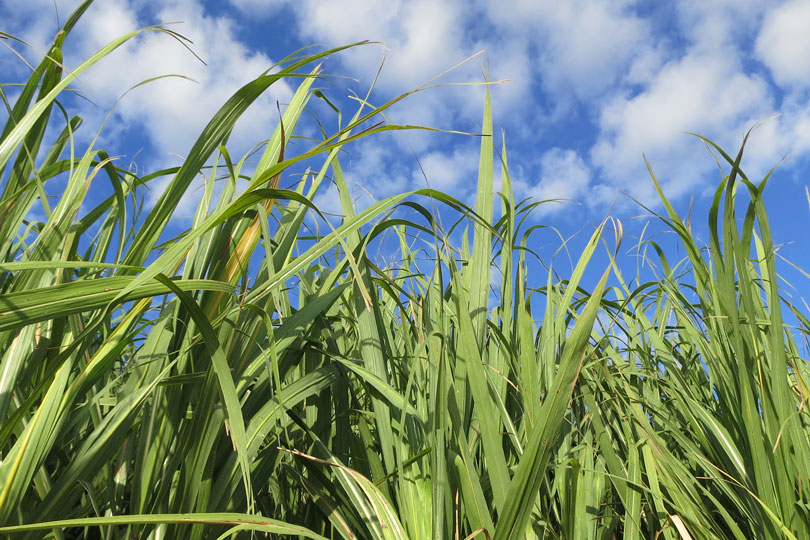By Justin Walker
Communications Specialist
LEGO has announced plans to make bricks using plant-based plastic sourced from sugarcane.
The move, announced earlier this month, is part of an initiative to use sustainable materials in core products and packaging by 2030 and reduce plastic waste.
The plant-shaped pieces include leaves, bush and tree-shaped elements. They are made from soft, durable and flexible polyethylene plastic made using ethanol produced from sugarcane.
“At the LEGO Group, we want to make a positive impact on the world around us and are working hard to make great play products for children using sustainable materials,” Tim Brooks, vice president of environmental responsibility at the LEGO Group, said. “We are proud that the first LEGO elements made from sustainably-sourced plastic are in production and will be in LEGO boxes this year. This is a great first step in our ambitious commitment of making all LEGO bricks using sustainable materials.”
The new products will account for one to two percent of the current output, while the remaining products will continue to be made from an oil-based plastic.
“Children and parents will not notice any difference in the quality or appearance of the new elements, because plant-based polyethylene has the same properties as conventional polyethylene,” Brooks said.
The company is striving to remove waste from its operations by 2030. The LEGO Sustainable Materials Centre was established in 2015 to help achieve that goal.
“It is essential that companies in each industry find ways to responsibly source their product materials and help ensure a future where people, nature and the economy thrive,” Alix Grabowski, a senior program officer at World Wildlife Fund, said. “The LEGO Group’s decision to pursue sustainably sourced bio-based plastics represents an incredible opportunity to reduce dependence on finite resources, and their work with the Bioplastic Feedstock Alliance will allow them to connect with other companies to continue to think creatively about sustainability.”

